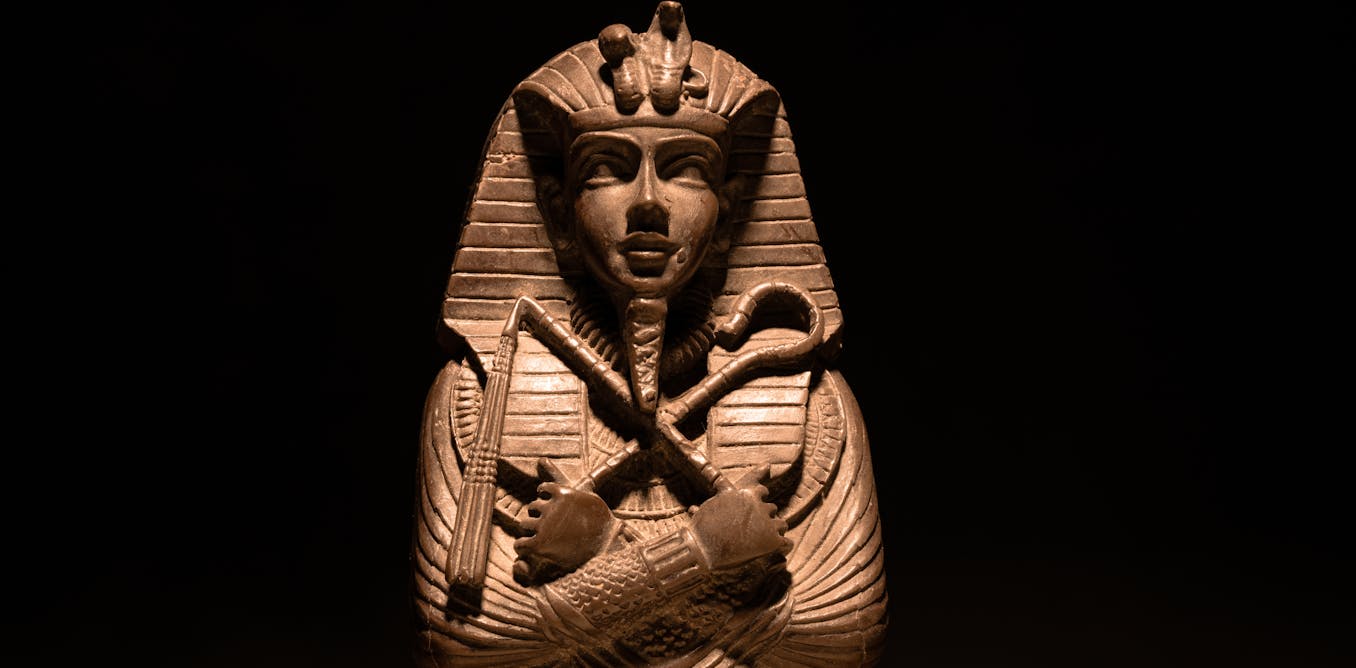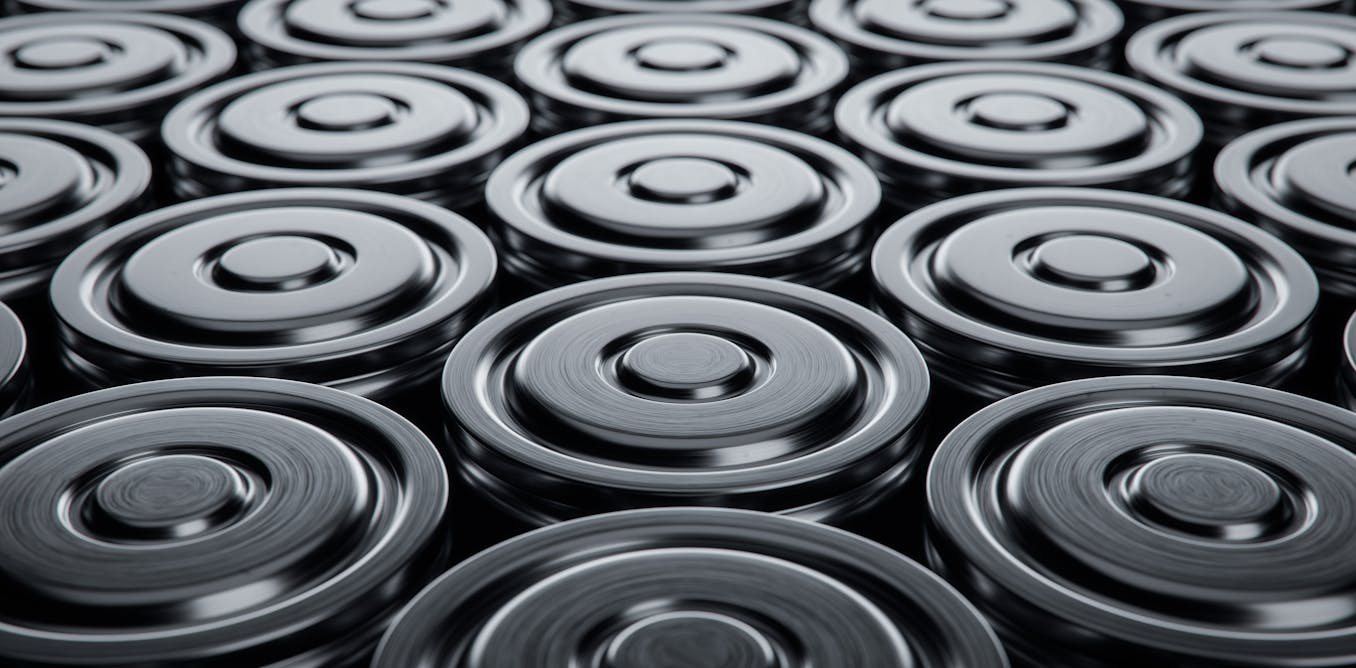‘Myrrh, conifer oil and … breakfast tea’: my sniffer team’s surprise findings on what mummified bodies smell like
Welcome to ‘sensory heritage’, the study of how we engage with objects from the past besides what they look like.
Feb. 14, 2025 • ~8 min








